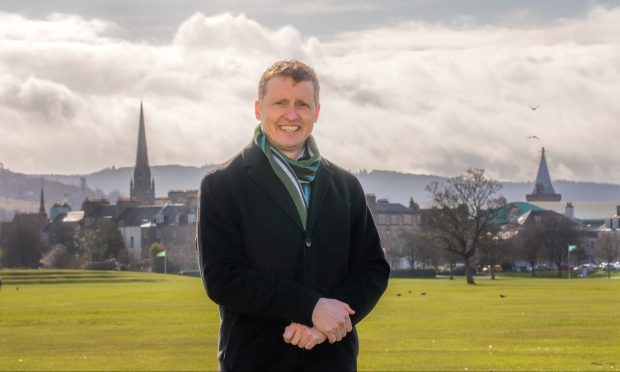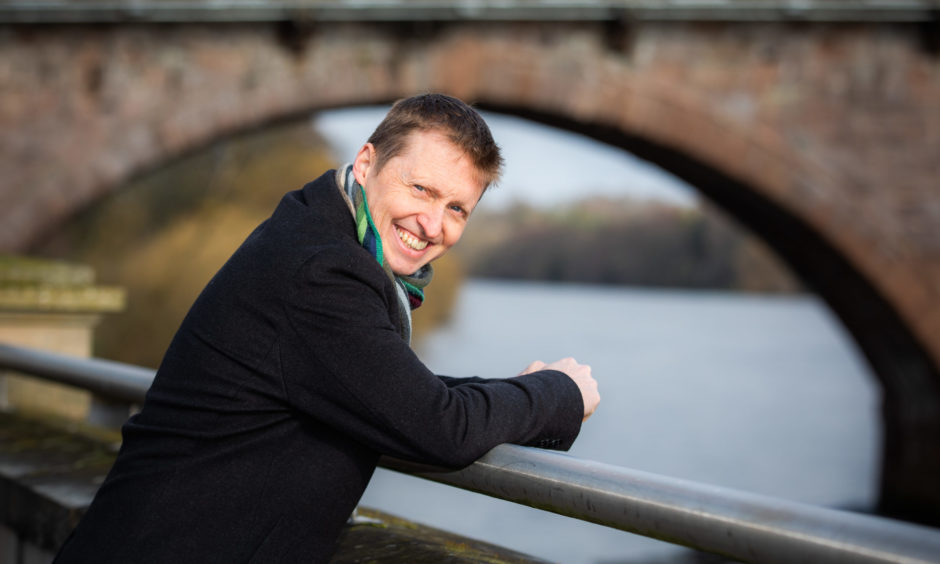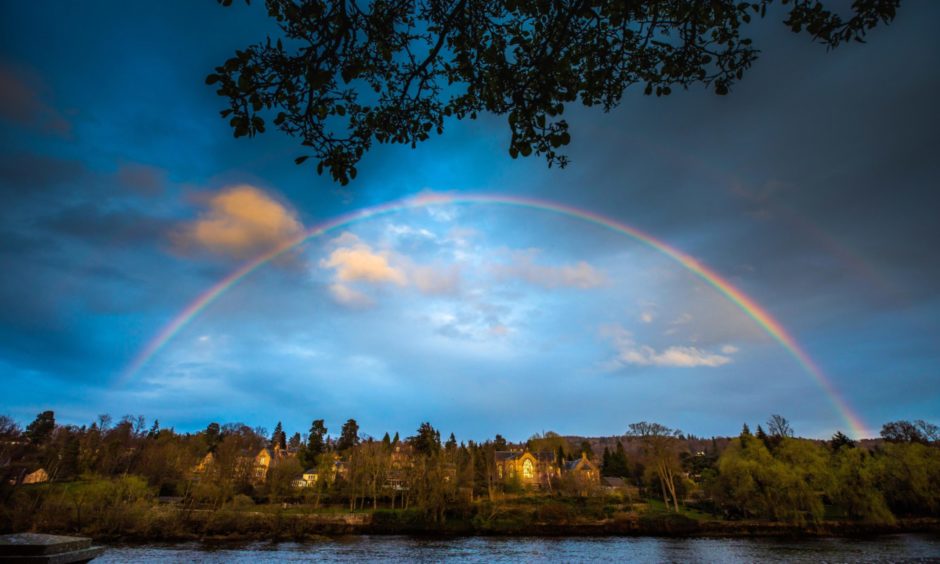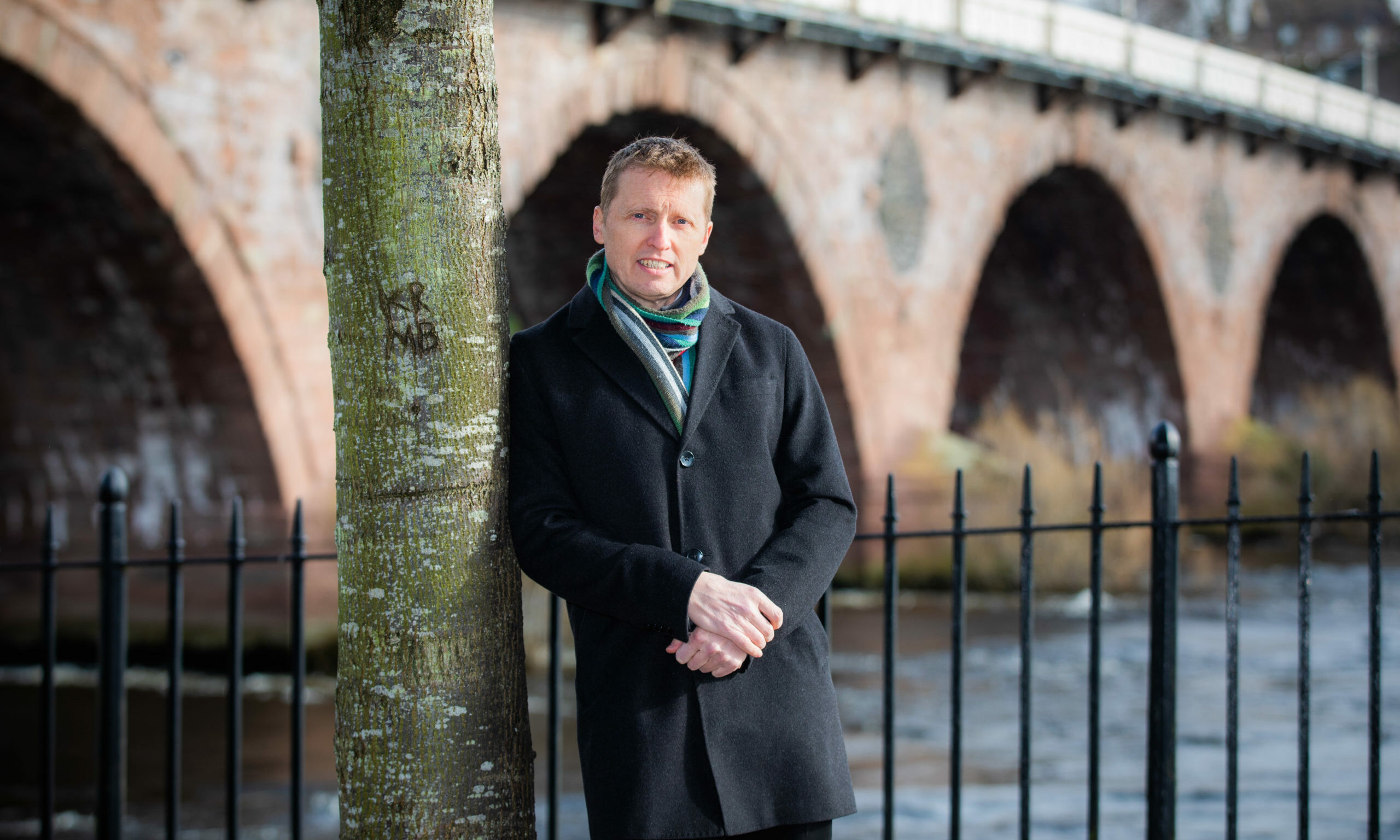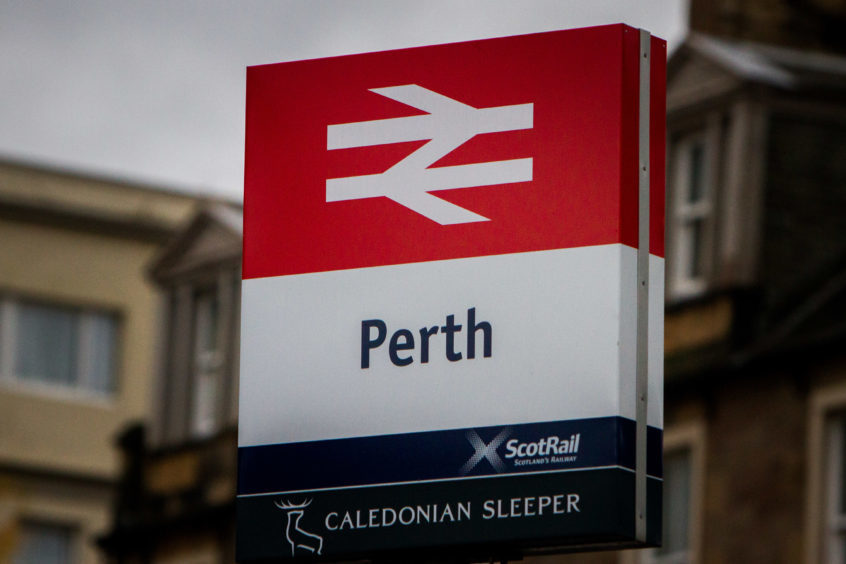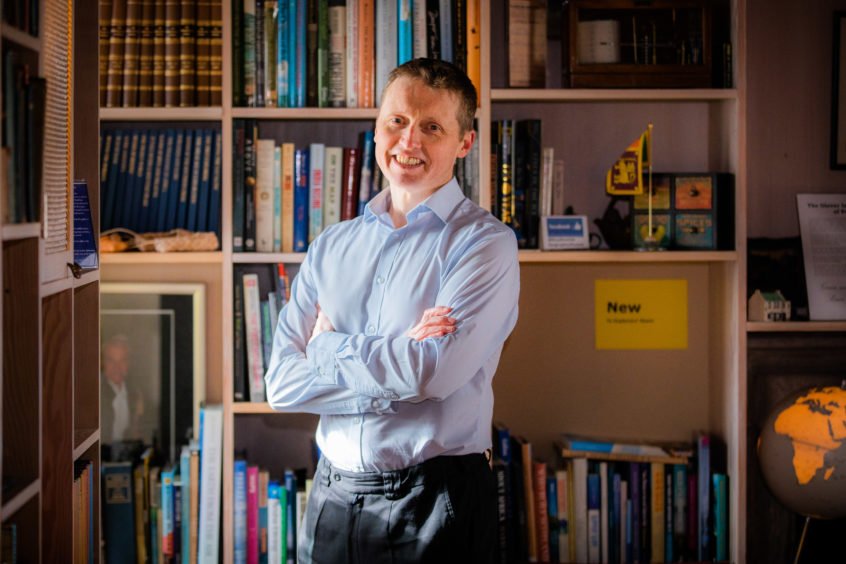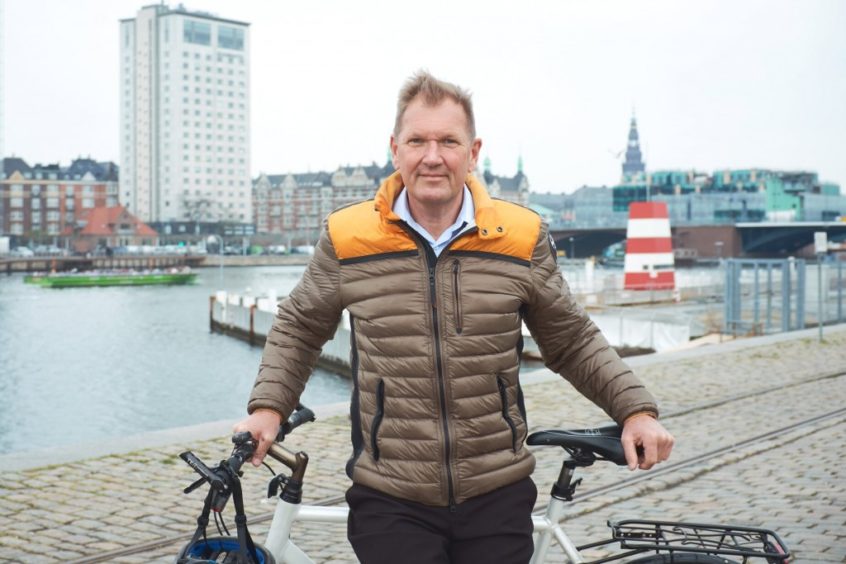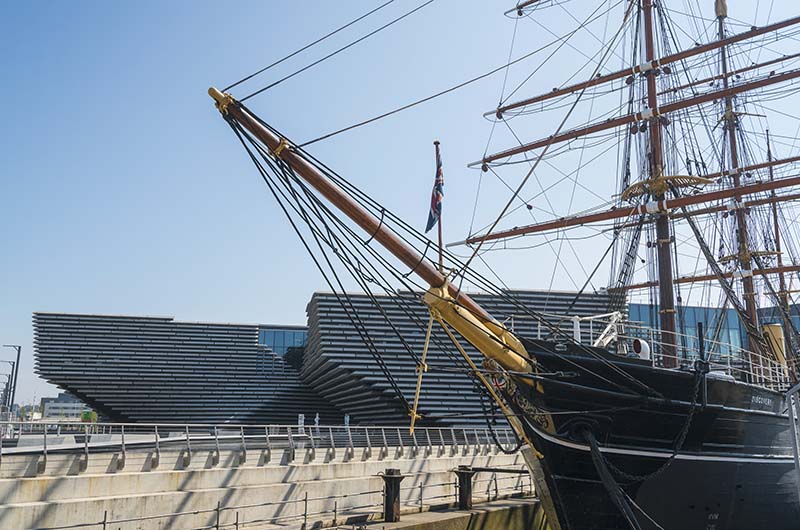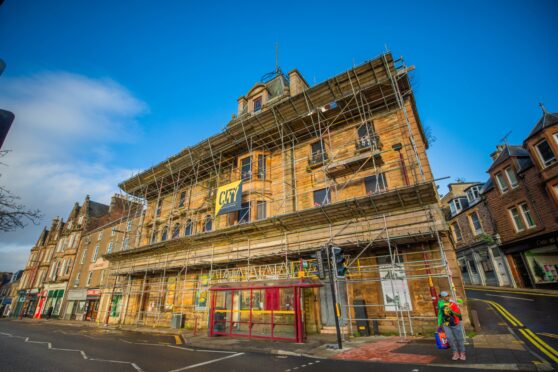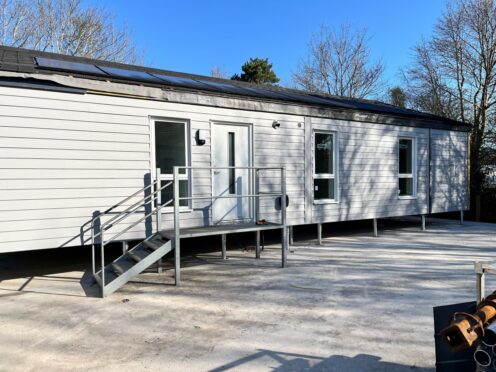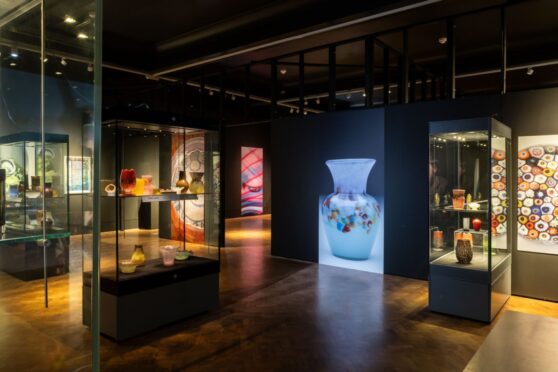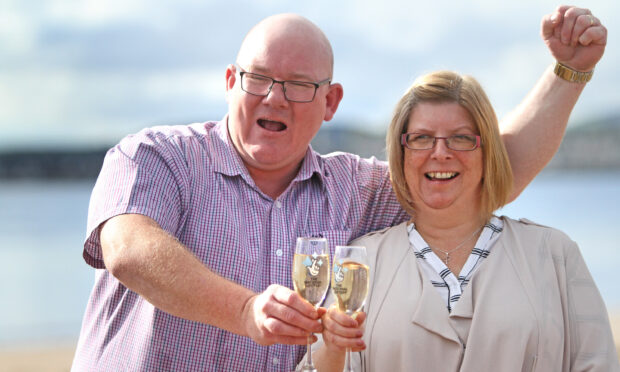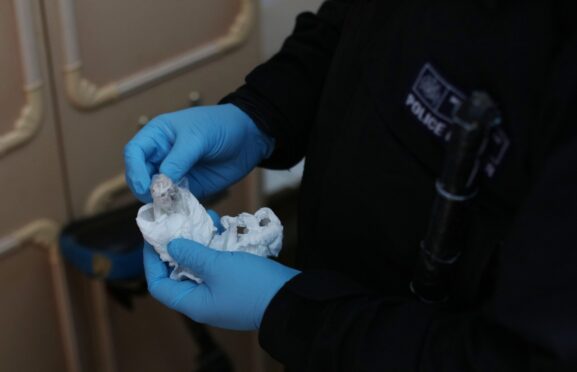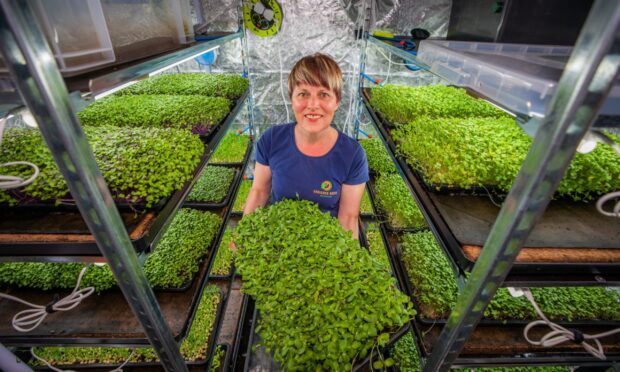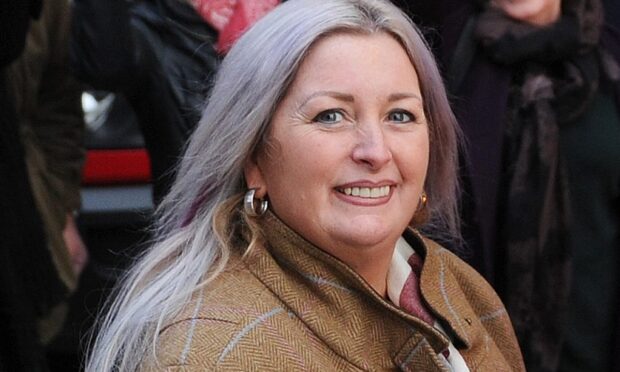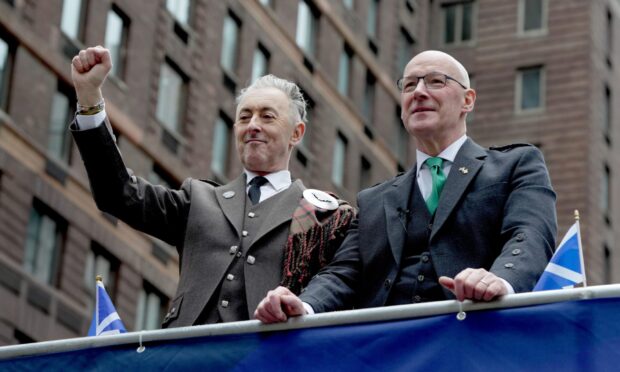Could Perth become the most sustainable small city in Europe? Royal Scottish Geographical Society chief executive Mike Robinson thinks so. Here, he shares his vision for the future with Michael Alexander.
As co-founder and chair of pressure group Stop Climate Chaos Scotland and as chief executive of the Perth-based Royal Scottish Geographical Society, Mike Robinson has held a vision for years that Perth could become Europe’s “most sustainable small city”.
Now, having recently been elected as chair of the Perth Place Leadership Forum (formerly the Perth City Development Board), he is ramping up a plan that he hopes will turn that ambition into reality – and showcase to the world how it can be done.
An aspirational conference called ‘Perth: The Most Sustainable Small City in Europe?’ was due to take place at Perth Concert Hall on Tuesday May 5.
It would have developed “meaningful conversations” under the headings ‘Shaping a growing city’ (urban designs); ‘Zero carbon Perth’ (climate change, transport and housing); ‘Connected city’ (transport and digital infrastructure); ‘Inclusion and social justice’ (youth engagement, skills development); ‘Enterprise and prosperity’ (inward investment, flexible working spaces, families) and ‘Revitalising the city centre’ (facing up to the challenges of shops closures etc).
While the Covid-19 lock-down has put the conference on hold, Mr Robinson says it’s more important than ever to visualise a re-built economy that puts sustainability at its heart – and he wants Perth to be at the forefront of that charge.
“Scotland is a leader in sustainability and climate change on the global stage,” he said.
“But I think Perth has such a high quality of environment that it has a unique opportunity to lead in Scotland.
“The biggest single thing that we want to do is bring together everything that makes Perth special or important, including bringing together the biggest employers, companies and organisations.
“Rather than reacting to situations, I want to get better at imagining what the future might be and then go and build it.
“I want the forum to have a vision of what it wants Perth to look like in 2040, 2050.
“I want Perth to become the most sustainable small city in Europe.”
Mr Robinson explained that the Perth City Development Board was established seven years ago as an independent body to get the private sector involved in planning and to help develop economic potential for Perth.
It included representatives from most of the major employers in the area, and the council, and has been heavily involved in projects including the Tay Cities Deal, City Hall development ideas and the campaign to get the Stone of Destiny returned to Perth.
While the organisation was “very representative”, however, Mr Robinson has decided to “streamline” the forum from 45 to 14 members, because he felt it had become “a little bit cumbersome” and needs to be “more focused” to get the previously agreed priorities done.
“Some of these things are going to have to happen anyway,” said Mr Robinson who first joined the forum five years ago because he “cares about Perth and would like to see it thrive”.
“But what I want to see by 2040 is a complete transformation of transport, of energy provision – a Perth where it’ll take 40 minutes to get the train to Edinburgh and a Perth that will retain its high quality natural environment.
“I think the other thing to say is that it should have the healthiest people as well as place.
“I also want it to be the best place to grow up in Britain. People laugh when I say that – I don’t mean foam parties or whatever because you can’t compete with the bigger cities for that kind of thing.
“What I mean is we can play to our strengths, and I think Perth has a natural strength. Its natural strength is just making it the best place to engage with the environment, to learn new skills. I want the most skilled young people coming out of Perth than anywhere in Scotland.
“Wouldn’t it be amazing if in addition to regular school qualifications you had a bunch of qualifications in climbing and kayaking and stuff that actually plays to the strengths of the local area?”
Investment is always going to be a “key issue” not just locally but as part of a “planetary transition” in response to the climate emergency, Mr Robinson said.
He sees the need to challenge old-fashioned, short-term thinking investment models that are often based on outdated Victorian economics. There’s a need to “re-imagine” the world over how a greener progressive society should operate.
But he said Perth had a key advantage in that a lot of the big employers – Stagecoach, Aviva, SSE and SNH – were already green-minded and operating in the arena of sustainability. Efforts just need to be “pulled together”.
“Perth has two advantages,” he added.
“One it already has high quality environment. The other is it’s actually quite small. It’s a scale-able opportunity that’s not really available in the likes of Glasgow. I personally believe there’s great merit in being ahead of the curve.
“Scotland has taken that initiative on the global stage and because of that we’ve begun to gather a reputation for academic and business expertise in sustainability on a global stage and innovation. These play to the Scottish psyche. What we need to do is channel that expertise, that innovation.
“This is the direction of travel for the whole world which is looking for leadership and looking for examples. As Scotland has a growing reputation, I think Perth has a unique opportunity to be at the front of that – to show the world how it can be done.”
The keynote speaker at the Perth conference was due to be Bo Asmus Kjeldgaard – a former mayor of the Danish capital Copenhagen who now consults in urban development and sustainable business growth.
As mayor of Copenhagen and chairman/member of a number of major environmental companies, the Aarhus University political science graduate has developed numerous sustainable projects.
He has been involved in the development of the old Copenhagen as a modern city with wind turbines, harbour swimming, super bike lanes, 100,000 more trees, climate adaptation and an ambition to become the world’s first carbon-neutral capital.
Mr Robinson said there were many things Perth can learn from the Copenhagen experience.
He also said lessons could be learned from Dundee’s approach to its Waterfront vision or Glasgow’s redevelopment of the Clyde.
A “shared narrative” was important for people to buy into while transcending social and inter-generational boundaries.
It was also important to have a “just approach” socially and inter-generationally.
However, one of the biggest hurdle to overcome was complacency.
“Whilst I speak to loads of people who wish and believe Perth could be more ambitious for itself,” he said, “I’m sure there’s just as many who are happy with how it is now. It’s important we direct and change it for the better and engage as many voices as possible.”
- Mr Robinson hopes to re-schedule the Perth Place Leadership Forum conference once the coronavirus situation makes that possible.
